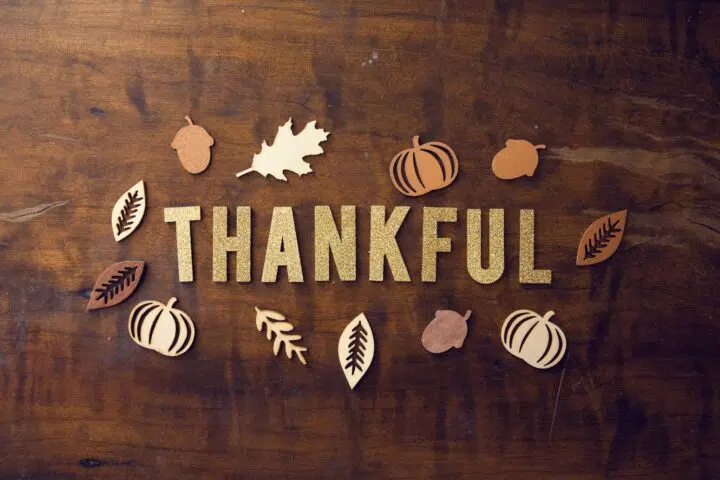I’ve read numerous studies about the benefits of reading literature, including its ability to increase empathy in readers. One way it does so is by helping us understand people who are different from us, and by helping us to question how we would behave in similar situations.
This past week, I created a new webinar called Dialogue Made Easy with my partners at Writing Blueprints. I’ve taught this class for years, and whenever I do, the room is packed. Writers, new and experienced, are fascinated by dialogue, which sounds like real conversation, but is not.
Recreating the material as a webinar got me thinking about how studying and writing dialogue all these years may have helped my relationships. Dialogue is, after all, designed to reveal character, create mood and suspense, and move the story forward. So as you craft each line, you are “reading” your character. What type of person is she? Optimistic or fatalistic? Shy or outgoing? Assertive or non-confrontational?
As a writer, you are also looking at the mood/setting of the scene. Is she in her own home or at a fancy restaurant? How would either location change how she talked to her husband? And writers use dialogue to create suspense. What if she were to say something out of character? How would the people around her respond?
Good dialogue often moves the story forward. If she makes a declaration like, “That’s it, tomorrow I go to the police,” we read on to see if her resolve will hold, and whether her action will put her in danger.
Having spent a lifetime listening to how people chat, confide, and argue, and most of my adult life figuring out what my characters should say to get them into and out of trouble, I wonder if I’ve learned better how to talk to different types of people, and how better to read a situation before I speak. I’ve certainly learned plenty of things not to say.
Maybe if we all studied dialogue a bit more, we could see how to improve our own conversations. After all, when you cringe while reading a character speaking harshly to another, you are likely remembering a time when you did the same thing.
All of this is just my mind musing, but the Dialogue Made Easy webinar is pure instruction! You’ll learn simple rules to improve your dialogue and you’ll also receive a short workbook full of sample excerpts of dialogue, and exercises you can use to practice the techniques I share. You’ll get lifetime access to the webinar and a PDF of my slides, so you can revisit the information as often as you like. Click here to learn more. Happy writing and conversing!
And if you know anyone who can use this information, please share


